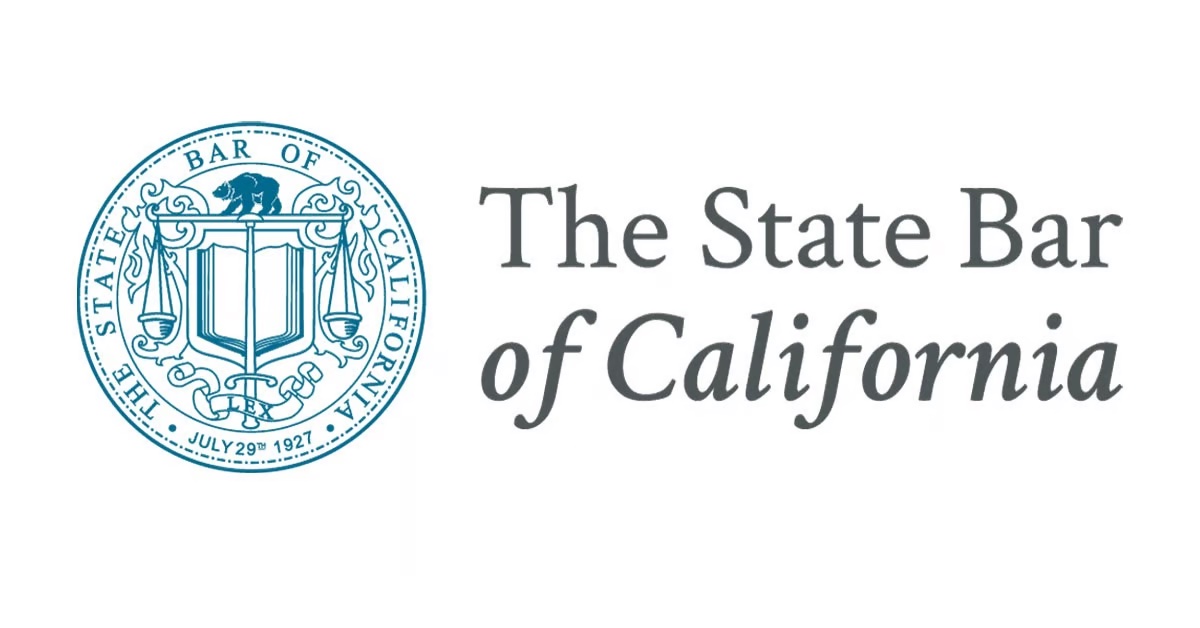and Probate Law Firm
Trust Beneficiary Receipts and Releases
As an experienced estate planning attorney in Folsom, I have seen over the years that living trusts have outpaced wills as the primary estate planning tool. This is for various reasons, including the avoidance of probate, the flexibility inherent in a trust and the fact that they take immediate effect. After the creator of the trust passes away, the trust is “administered” and thereafter the trust’s beneficiaries receive their inheritance.
Trust beneficiary receipts and releases are legal documents used in the context of trust administration. These documents are typically executed when beneficiaries receive distributions from a trust, and they serve several important purposes:
- Acknowledgment of Receipt: A trust beneficiary receipt is a document that the beneficiary signs to confirm the receipt of assets or funds distributed from the trust. It serves as evidence that the beneficiary has received the intended distribution.
- Release of Claims: In addition to acknowledging receipt, a trust beneficiary release often includes a clause in which the beneficiary agrees to release the trustee and the trust from any future claims related to the trust or the distribution. This release can protect the trustee from potential legal disputes or claims by beneficiaries in the future.
- Finality and Closure: By signing a receipt and release, beneficiaries often acknowledge that the distribution is complete and that they have no further rights to assets from the trust. This helps bring closure to the distribution process.
- Legal Requirement: In some jurisdictions, the law may require beneficiaries to sign a receipt and release before they can receive their distribution. This is especially common in cases where the trust is being terminated or a final distribution is being made. In California, signing these documents is common practice.
- Conflict Resolution: Trust beneficiary receipts and releases can help prevent or resolve disputes among beneficiaries. By signing the document, beneficiaries acknowledge the terms of the distribution and agree not to challenge it later.
- Protection for the Trustee: For trustees, obtaining signed receipts and releases can offer legal protection. It can be challenging for beneficiaries to contest the distribution or make claims against the trustee after they have signed a release document.
It’s important to note that trust beneficiary receipts and releases should be prepared in accordance with the laws of the jurisdiction in which the trust is administered. They should also be clear, specific, and written in a way that beneficiaries can understand the implications of signing them. In some cases, it may be necessary for beneficiaries to seek legal advice before signing these documents to ensure they are aware of the rights they are relinquishing.
Conclusion
Trust administration and the use of receipt and release documents can be complex, so it’s advisable to work with an experienced estate planning attorney in Folsom or a trust attorney to ensure that the process is carried out correctly and in compliance with applicable laws. This helps protect the interests of both trustees and beneficiaries in the trust administration process. If you have any questions about trust beneficiary receipts and releases, contact Thapar Law at 916-579-0605 or send us a message.







